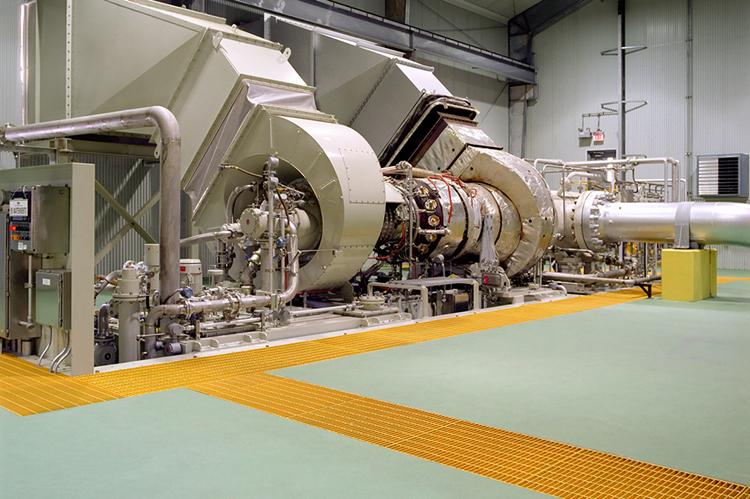Hydrogen in Pipelines

Increasing the use of renewable energy requires new ap proaches to energy storage and energy transp ort. One of these approaches is to st ore and transport hydrogen in natural gas pip eline networks. Blending hydrogen into the existing natural gas pipeline network appears to be a strategy for storing and delivering renewable energy to markets. Adding Hydrogen to the natural gas requires considerat ions regarding combustion systems, as well as the impact on compressors and pipeline hydraulics.
Hydrogen increases the reactivity of natural gas fuels, showing increased flame velocity, flame temperatures, different autoigniton behavior, and a wider range of flammability. The handling of failed starts, where unburned fuel can be present in the exhaust system, and may cause an explosion hazar d has to be addressed. Results from analysis and rig testing of the combustion components with hydrogen and natural gas mixtures will be presented and discussed.
Further, the impact of hydrogen addition on pipeline hydraulics and compressor operating are considered. The transport efficiency of the pipeline, safety aspects, and in particular questions about the capability of existing and new infrastructure to use natural gas – hydrogen mixtures as fuel are addressed in this paper.

